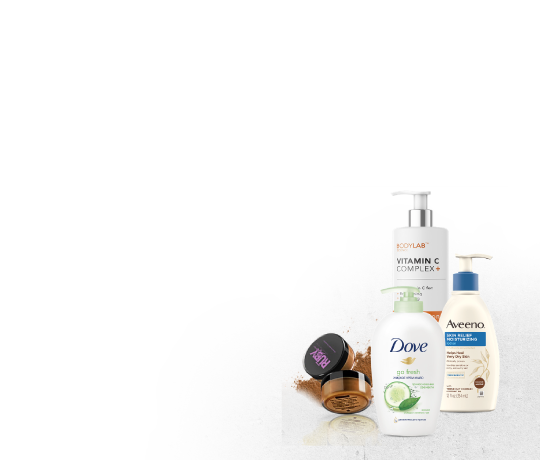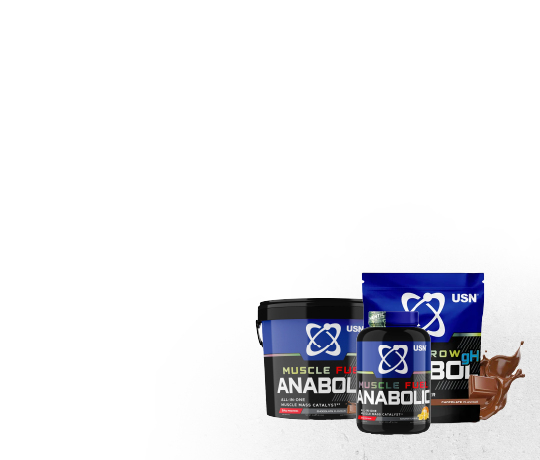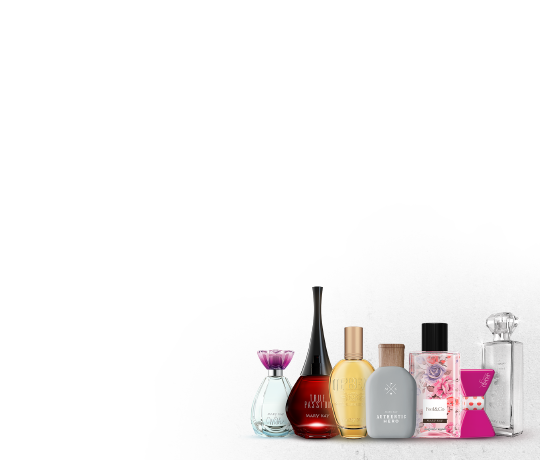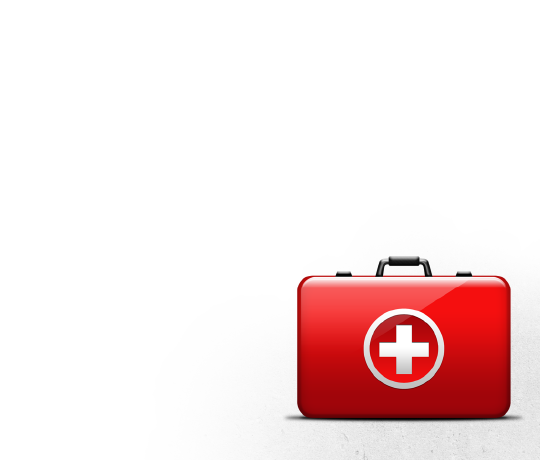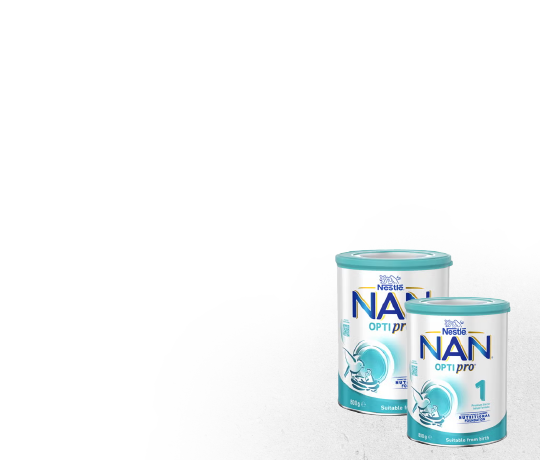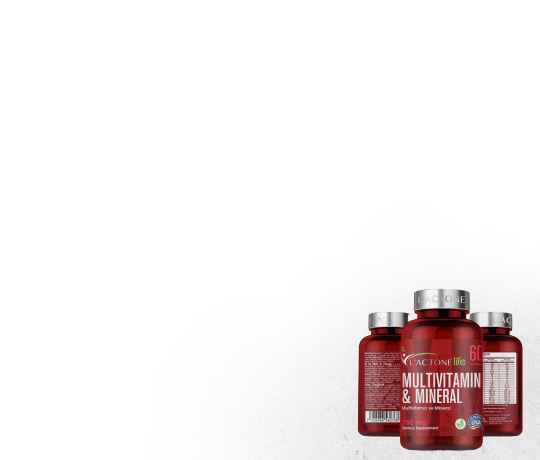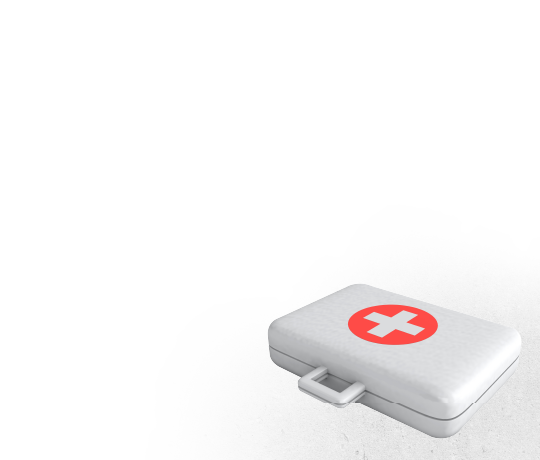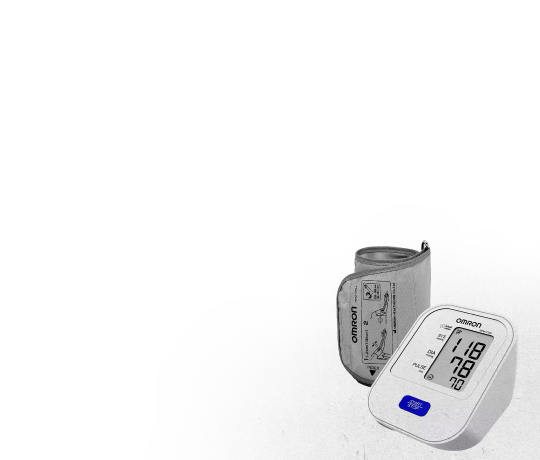Hypertension, commonly known as high blood pressure, is a significant health concern affecting millions worldwide.
Understanding its causes, symptoms, and management strategies is essential for maintaining a healthy lifestyle.
What is Hypertension?
Blood pressure is measured in millimeters of mercury (mm Hg) and recorded with two numbers:
- Systolic Pressure: The top number, indicating pressure in the arteries when the heart beats.
- Diastolic Pressure: The bottom number, indicating pressure in the arteries when the heart rests between beats.
Normal Blood Pressure: Below 120/80 mm Hg
Stage 1 Hypertension: 130-139 mm Hg (systolic) or 80-89 mm Hg (diastolic)
Stage 2 Hypertension: 140 mm Hg or higher (systolic) or 90 mm Hg or higher (diastolic)
Signs and Symptoms
Many people with hypertension may not experience noticeable symptoms, leading to its nickname, “the silent killer.” However, some common signs include:
- Severe headaches
- Chest pain
- Difficulty breathing
- Nausea
- Vomiting
- Dizziness
- Confusion
If you experience any of these symptoms, it is crucial to seek medical attention.
Risk Factors
Several factors can increase the likelihood of developing hypertension:
- Age: Risk increases as you get older.
- Family History: A family history of high blood pressure can raise your risk.
- Obesity: Being overweight puts extra strain on your heart.
- Lack of Physical Activity: Sedentary lifestyles contribute to weight gain and hypertension.
- High Salt Intake: Excess sodium in your diet can elevate blood pressure.
Complications of Hypertension
Unchecked hypertension can lead to severe health complications, including:
- Heart Attack or Stroke: Increased risk due to strain on the cardiovascular system.
- Weakened Blood Vessels: Over time, high blood pressure can cause damage to blood vessels, leading to aneurysms.
- Heart Failure: The heart may struggle to pump blood effectively.
- Kidney Damage: Hypertension can affect kidney function, leading to kidney disease.
Lifestyle Management
Adopting a healthy lifestyle is crucial for managing hypertension. Here are some effective strategies:
- Follow the DASH Diet: Focus on fruits, vegetables, whole grains, and lean proteins.
- Limit Sodium Intake: Aim for less than 2,300 mg of sodium per day, or ideally 1,500 mg.
- Stay Physically Active: Regular exercise can help lower blood pressure.
- Manage Stress: Techniques such as meditation, yoga, or deep breathing can be beneficial.
- Limit Alcohol Consumption: Drink in moderation, if at all.
Conclusion
Hypertension is a manageable condition, but it requires awareness and proactive measures. If you suspect you have high blood pressure or are at risk, consult with a healthcare professional for appropriate testing and guidance. By making informed lifestyle choices, you can significantly reduce your risk and improve your overall health.
For more information and support, feel free to contact us at Hiltons Pharmacy. Your health is our priority!


